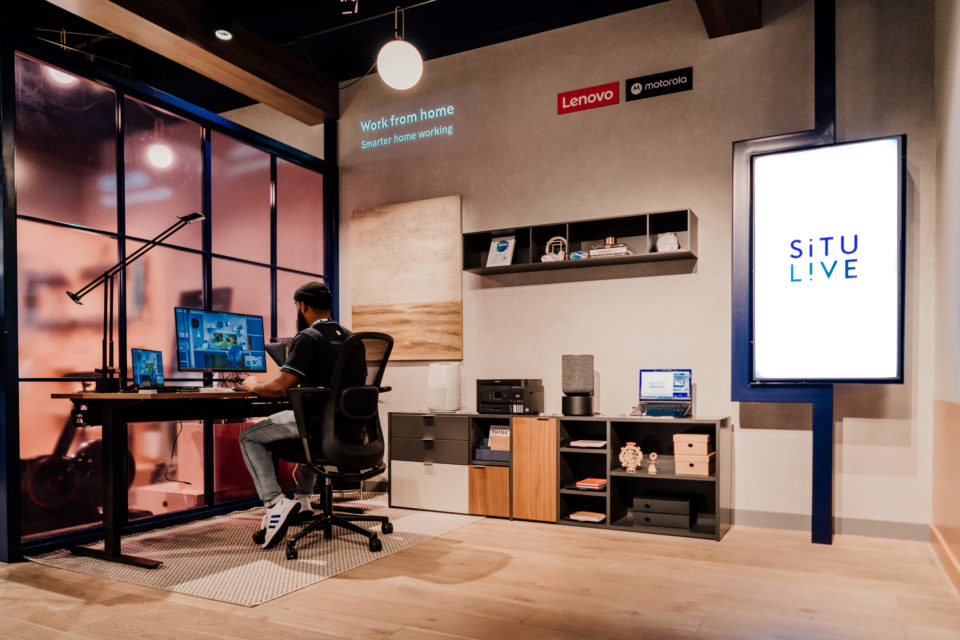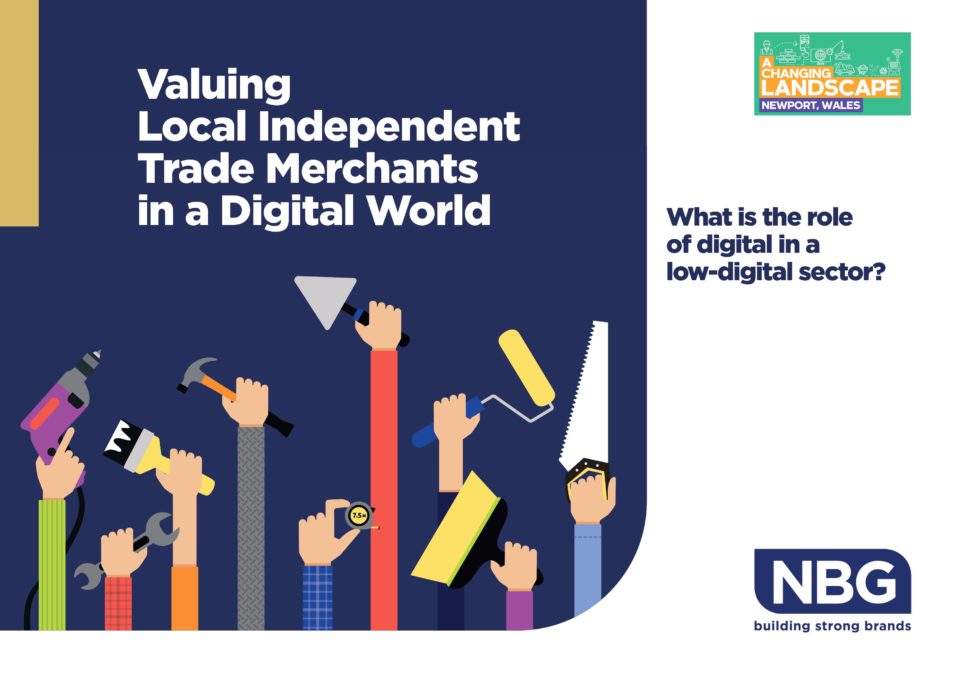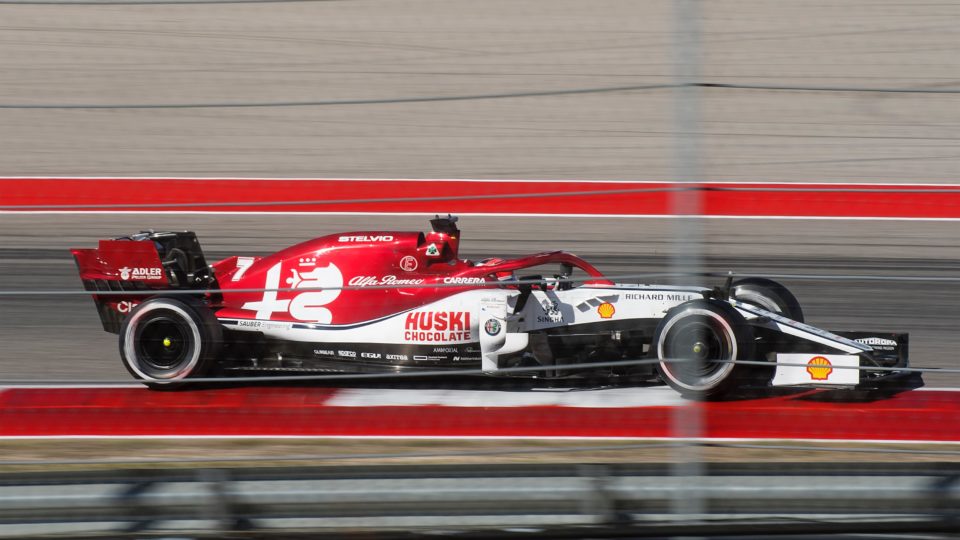Omnichannel excellence: ELEKS on retail’s big challenge
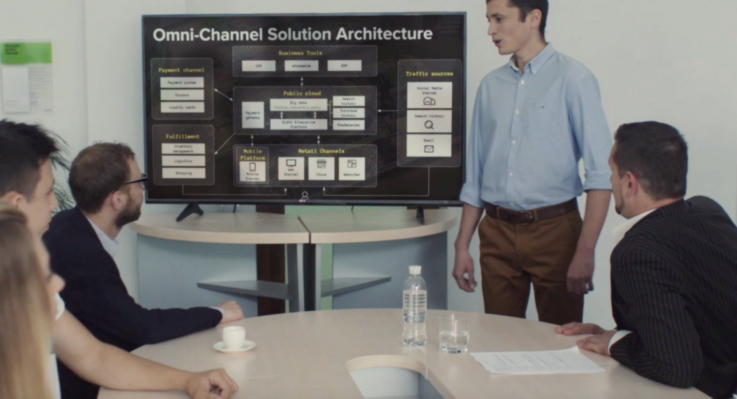
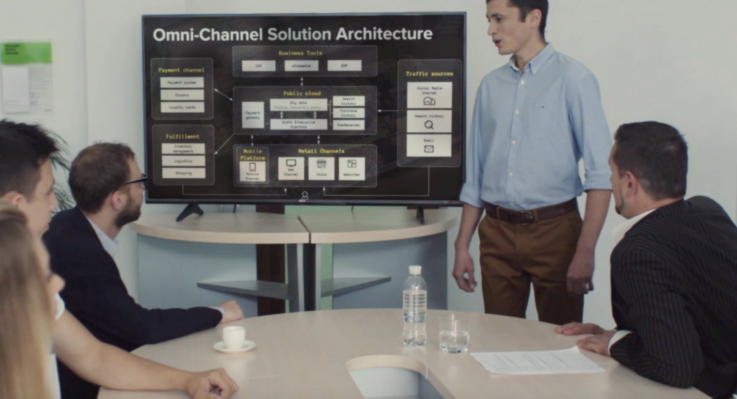
Why are retailers still struggling with executing omnichannel? There are a few answers to that question, but software development company ELEKS is aiming to help with them all through the recent launch of its dedicated Retail Centre of Excellence. It’s part of a wider recognition of the challenges retailers are facing in meeting customer expectations, particularly around digital technologies and omnichannel, and the need for industry-focused expert guidance.
With this in mind, we spoke to Pavlo Khliust, head of omnichannel solutions, about some of those challenges, the underexploited opportunities and the technologies that will be important to the future of omnichannel.
How would you describe what ELEKS does in a way that my grandmother would understand?
We provide full cycle software development and consulting services. We are a global organisation that develops products from scratch, from ideation to digital transformation consulting to finished products and support. With over 25 years of experience we have transformed numerous business organisations by implementing only up-to-date technologies and processes in Big Data, Internet of Things (IoT), security and experience design. We strive to build software products that really matter.
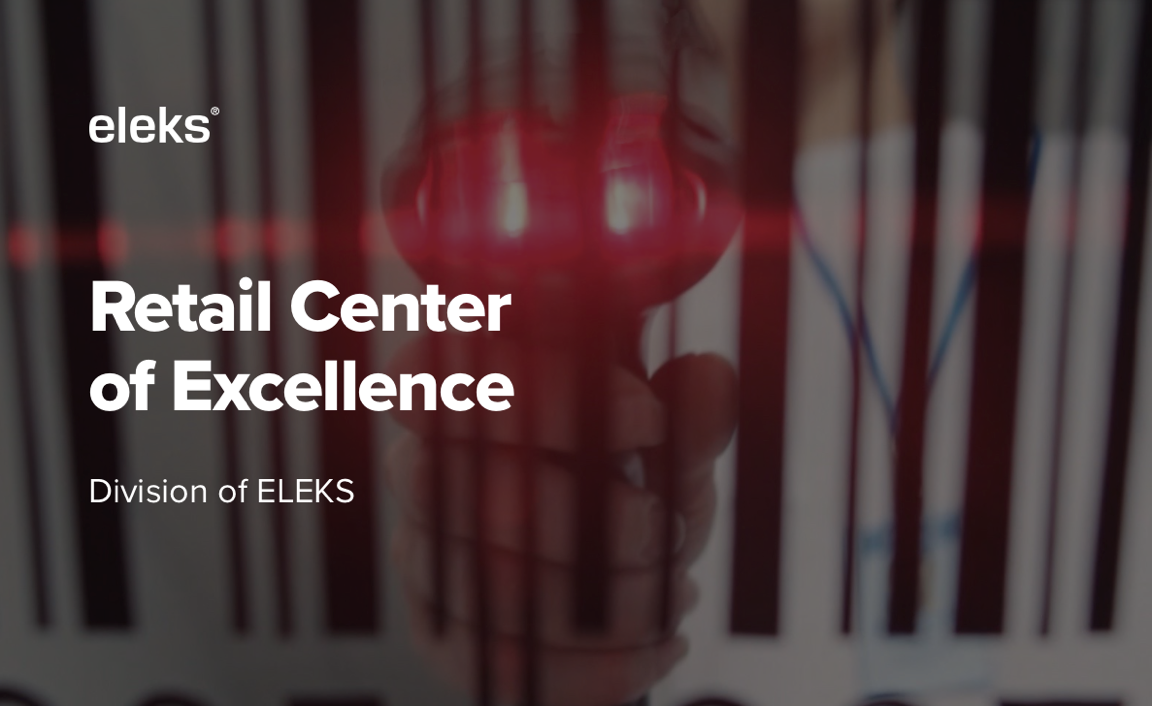
Can you tell me a little bit more about ELEKS’ Retail Centre of Excellence?
The Retail Centre of Excellence is a division of ELEKS working as a technical department for retailers, specialising in retail IT solutions, in particular, omnichannel strategy implementation, followed by the digital transformation. Our main goal is to deliver business value to retailers through new technologies and cutting edge approaches.
We have been performing software development for over 25 years, and we’ve found that within the last year the proportion of requests from retailers is constantly growing. Customer expectations have pushed retailers to switch towards omnichannel experiences. Nowadays retailers have lots of systems, tools and modules which are working fine, but are not connected and cannot five a unified single view to the customer.
Building an effective omnichannel experience requires both integrating world-class technology and transforming legacy infrastructures and processes. Retailers have huge technological stack and different legacy systems that are to be managed, supported and updated, so we challenged ourselves to help them transform easily.
On the other hand, just understanding innovations and technologies is not enough. We realised that we needed to create a special division with the focus on a deep understanding of the retail business. Retail becomes more about how to sell (customer experience), rather than what to sell (product) and what we want to do is to help retailers with valuable technologies that will deliver really immersive customer-first services to the end users.
Omnichannel use cases
How are you typically working with your customers? What are the main things that they’re asking you to help them with at the moment?
We have been helping businesses to innovate and build software products that really matter for them. All the customers are unique with their own goals, problems, vision and history behind. Thus, there is no typical plan of working with them and no one-size-fits-all tool. We can state only one common thing – every customer wants to have someone to take care of their IT related problems and cases, someone to rely on and not to manage. And that is what we do. Over the years, we have developed different co-operation modules, tailored to different kind of customers, starting with start-ups and Fortune 500 enterprises.
We’ve found six main omnichannel use-cases Click & Collect, Ship from the Store, Omnichannel Returns, Smart Fulfilment, Single View of Customer and Personalised Offerings. These are the most desired and required features consumers expect from retailers, so they have to invest into set-up of those things. Based on those use cases, you can scale and you can develop wherever you want –
you can easily engage with your customer in different ways that you need.
The more we talk to our customers though, the more we understand their needs. Usually, our customers just share with us the problems they want to solve or goals they want to achieve, and that is the greatest push to start working. It may be an idea only of a future solution, a detailed product scope, or just a part of it (like integration or UX). The most recent requests we’ve got were to build self-service kiosks with payment integration, visual presentation and reporting tool for merchandisers, migration to another ERP.
Why do you think retailers are still struggling with omnichannel?
The industry is full of the buzz around omnichannel, but not squeezing out the best of it. I think that the problem is that retailers have a lot of different legacy systems and they have really really big technological stacks. It means that they require a lot of effort to implement these use cases. It’s really a big job to make one part of the story work and deliver the experience to the end user in a smart way.
A good analogy for this is an iceberg – only 10% of it is visible and 90% of is under water. In our case, 10% is what customer gets (user-centric experience, new touchpoints, and payment methods) and 90% stands for efforts of retailers to provide that. Omni-experiences bring many changes into IT infrastructure, like different integrations, legacy system updates, application migrations, modules configuration, custom components development, or costs for support.
One of the most time-consuming parts is changes to the retailer’s internal processes, organisational changes and communications as well (eg approval, sale/return etc). It’s a big job.
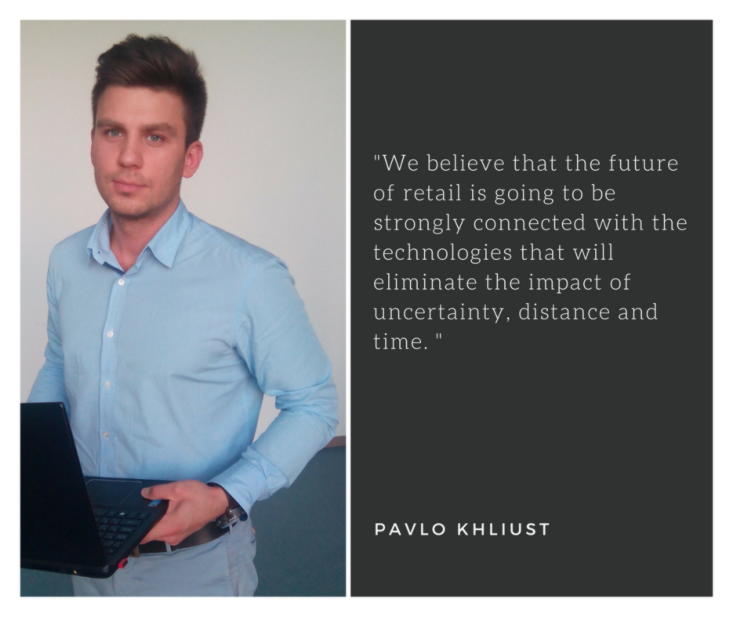
Are there any retail projects that you’ve been working on that you feel are particularly innovative?
One of the goals of my division is to contribute our R&D to retail industry. We have two main ways of working – one is where the customer comes to us with a problem they want to solve and the other is that we identify problems and we solve it by creating business applicable ideas and implementing them into proof of concept. Sometimes we even patent our solutions. For example, our patented Mobile Digital Coupons is a simple solution that will help digital transformation to happen within multi-billion coupon industry and will totally disrupt it.
Another development is our Virtual Try-On tool for sunglasses, which helps person to shop online. Before buying online, people will often go to the brick-and mortar-stores for showrooming and to try on sunglasses and know they fit. With our tool, we provide the customer with a digital showroom where he can easily put on the sunglasses and see how they look.
We’ve also recently developed a Digital Enterprise Platform Suite. It includes a set of interconnected, ready-to-use platforms, which create the basis of an enterprise’s IT infrastructure and give greater flexibility in creating complex solutions.
The platforms connect multiple systems, business processes, employees and customers with a unified technological backbone, securing the enterprise’s overall operability. With the Platform Suite enterprise-wide IT services and applications can be integrated more easily by excluding many dependencies between applications and creating configurable interfaces. The platforms can be implemented as a suite or separately, merging seamlessly into the retailer’s existing IT infrastructure.
Creating effective omnichannel solutions
Are there any opportunities or areas in omnichannel that you think are underexploited?
For sure, big data. Everybody talks about it, but very few know how to utilise it. Data is the king, so industry will definitely keep on moving through it, setting new trends and strategies.
In-store experience (shopping assistance) is another stream where there are still plenty of opportunities as customers become more and more sophisticated and demanding. A huge new industry has also appeared with Mobile Payment Solutions – Apple Pay, Samsung Pay, wearables, etc.
Personalisation will become a key instrument for retailers to stay afloat. Possibly, someday consumers will even stop shopping where there is no personalised approach. The demand is huge but with big data not being applied it’s still a bit slow.
Retail is a very competitive industry, IT is a very competitive industry as well. I think that retailers will only succeed when they will start to closely co-operate with IT companies so that they always stay on top of the wave of user experience.
If a retailer asked you for help with their omnichannel solution what’s the one piece of advice you’d give them?
Omnichannel doesn’t mean that you should cover all possible touchpoints, it means a unified strategy of using them. It’s not quantity but quality. Operating every channel you have, but separately is not giving a desirable effect. It’s better to concentrate on the omni-experience and to fine-tune existing channels so that they offer a really good user experience for the end user. So, I would advise retailers to reanalyse business goals and activities in every channel they operate. Overall retailers have to realise that omnichannel is more about how you sell in channels, not what you sell.
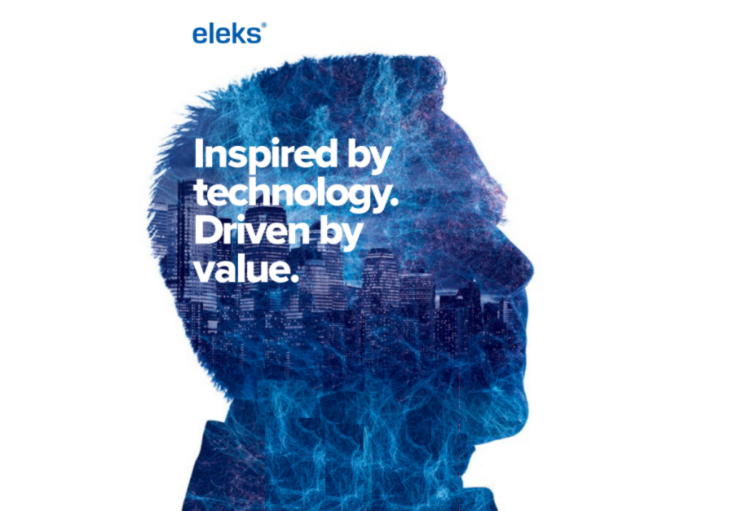
Are there any emerging technologies that are becoming important for omnichannel?
The world is heading towards globalisation, and retail is not an exception. We believe that the future of retail is going to be strongly connected with the technologies that will eliminate the impact of uncertainty, distance and time. Those technologies will delete the boundaries between customer, retailer, supplier and manufacturer, everything that relates to cost optimisation and global sales. It’s going to be big data analytics, machine learning, the IoT, and robotics, speeding up payment and shopping time with artificial intelligence or assisted shopping.
One technology that may make a big difference in retail is the blockchain, seeing as retail is all about monitoring turnover. That could really disrupt the industry in the next two years.
What’s next for ELEKS? Where do you see yourself in the next 10 years?
I hope that in 10 years we will deliver more and more innovative products that will disrupt not only the retail industry but others as well. We challenge ourselves to be recognised as the best customer-first software solutions company in the world, so we will strive to ace more and more ambitious and innovative projects.
I think that in future, we will add more centres of excellence, such as finance and healthcare where we’ll move from this outsourcing and integrated solutions provider to the complete full cycle, with integrated development and consultancy.
Find out all about what the next generation of omnichannel looks like and experience the latest trends in retail by taking part in one of our Insider Trends retail safaris.
www.retail.eleks.com

